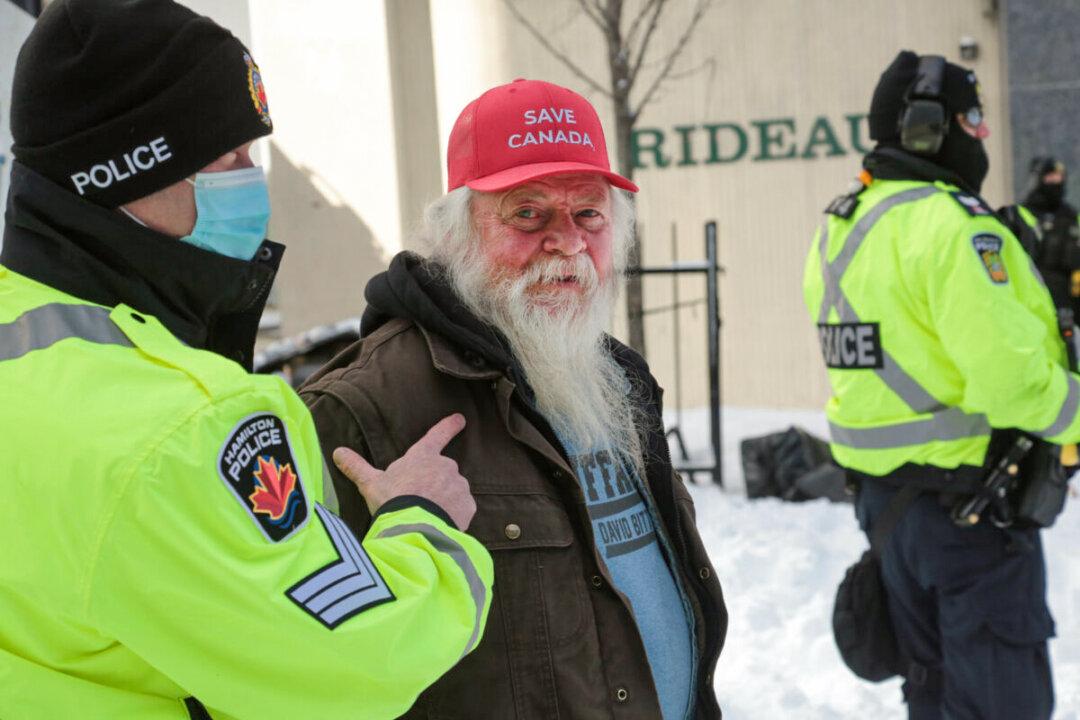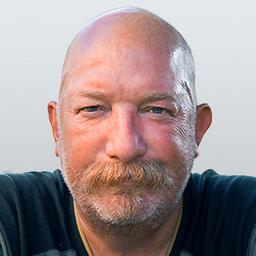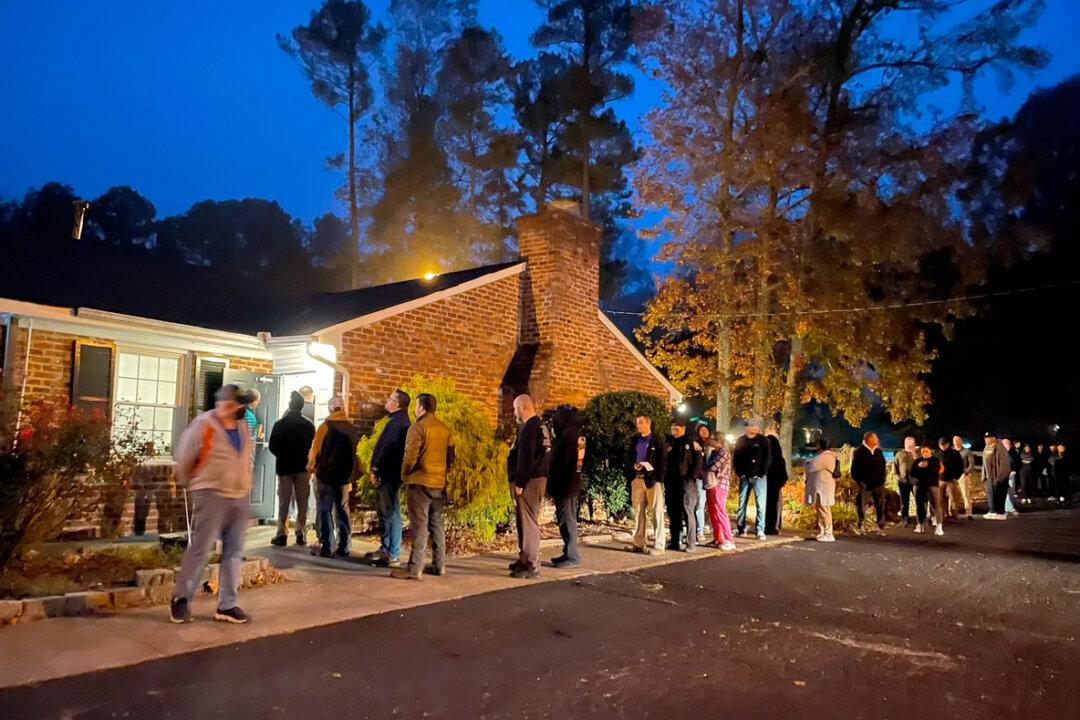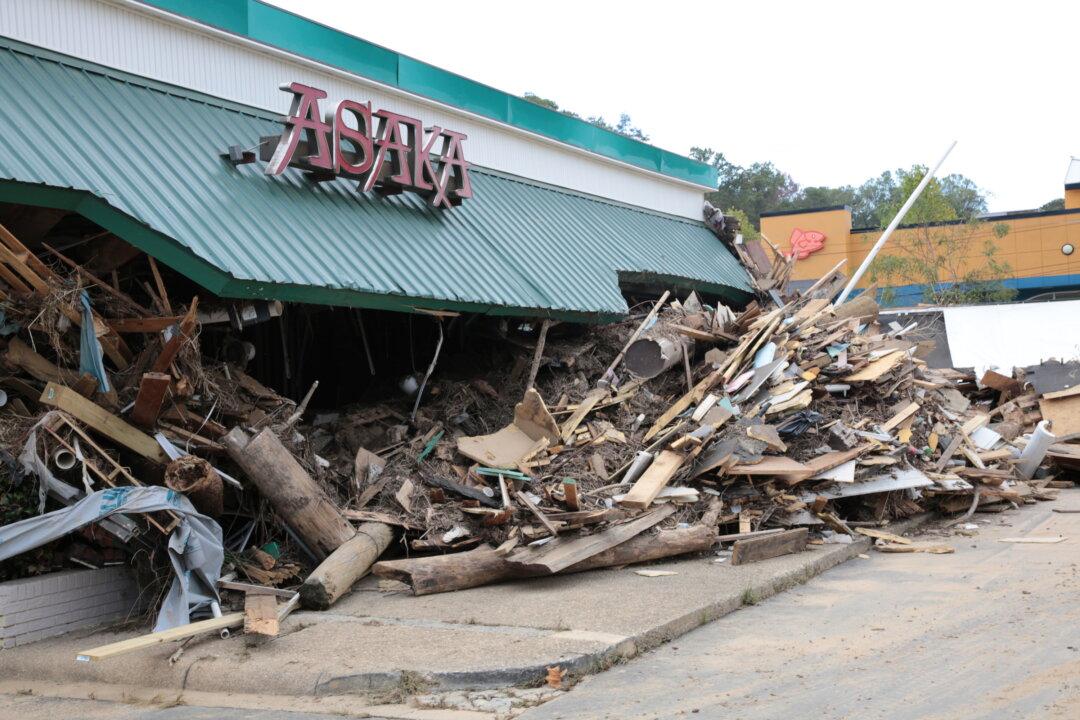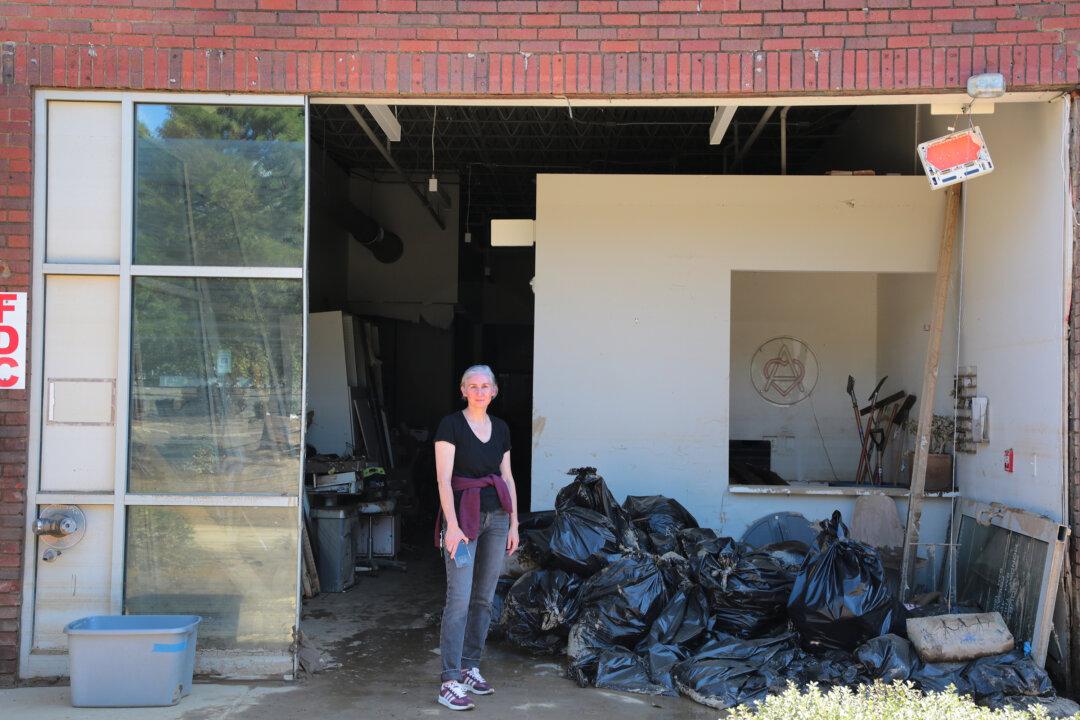Canadians—whichever side of the Freedom Convoy protest they sit on—will be counting the cost of the three-week demonstration in the capital Ottawa for some time to come.
By Feb. 21, police had made 196 arrests, with 110 people charged with an assortment of matters including obstructing police, causing a disturbance, disobeying a court order, mischief, and assault.
